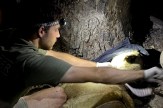Can AI find extraterrestrial
life? NASA’s Steve Chien delivers keynote
to kick off AI in Action Week.
The researcher from NASA’s Jet Propulsion Laboratory gave a ‘whirlwind overview’ of how AI is revolutionizing space exploration — from autonomous spacecraft to analyzing the surface of Mars.
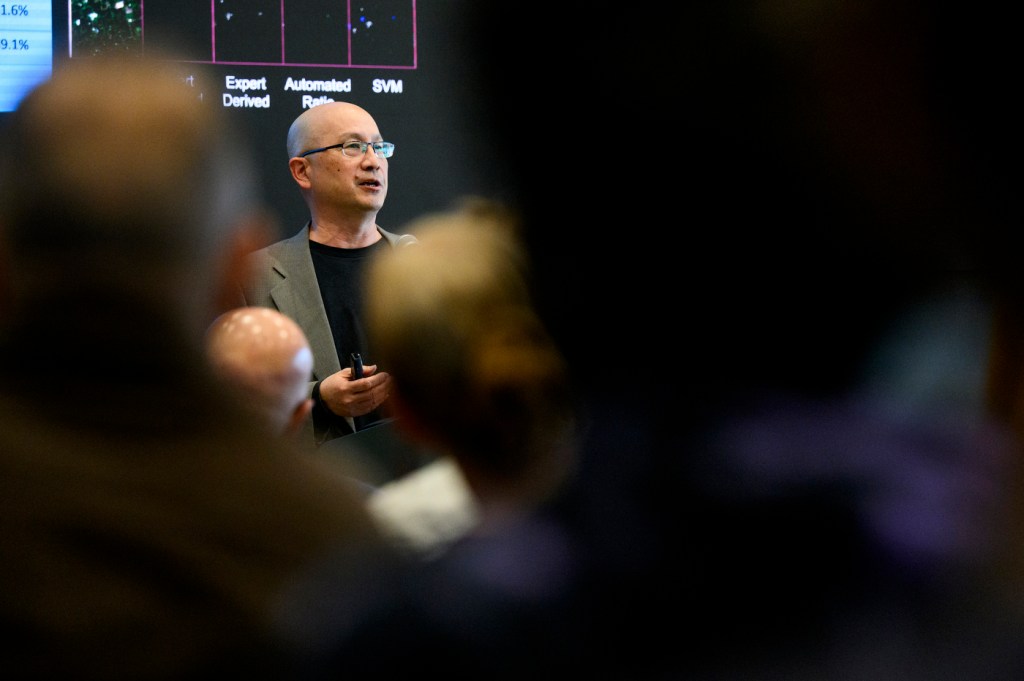
Steve Chien’s contributions to space exploration started relatively close to home. In the early 2000s, the distinguished researcher at NASA’s Jet Propulsion Laboratory helped develop weather satellites that used artificial intelligence to track wildfires, monitor volcanoes and allocate relief aid for natural disasters.
Now, his greatest ambition is to take AI beyond our solar system — and for it to help in the search for extraterrestrial life.
“That’s the ultimate challenge of AI in space. To go and hunt for life in another star system. That’s what keeps me at NASA,” he said.
On Monday, Chien, who has developed autonomous systems for robotic spacecraft including the Mars Rover and Earth Observing One, delivered a keynote speech to open Northeastern University’s first-ever AI in Action Week, running April 1-5 and jointly hosted by the university’s Office of the Provost and Office of the Chancellor, with support from the Institute of Experiential AI.
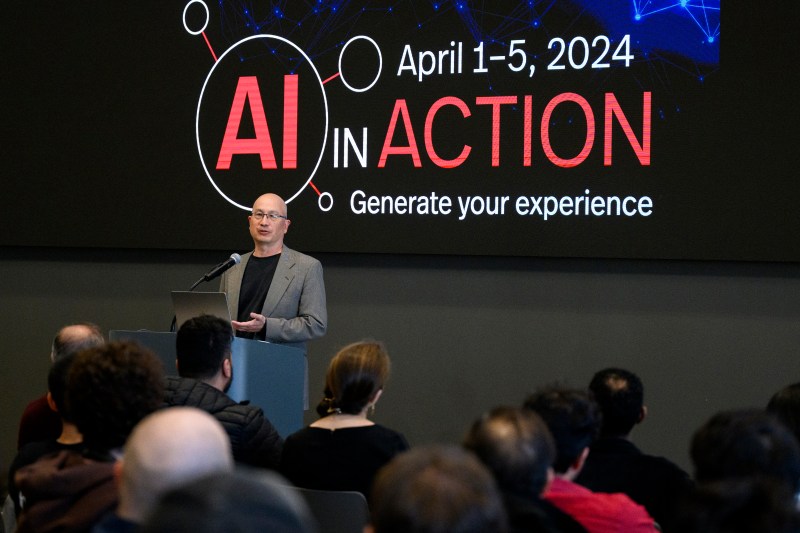
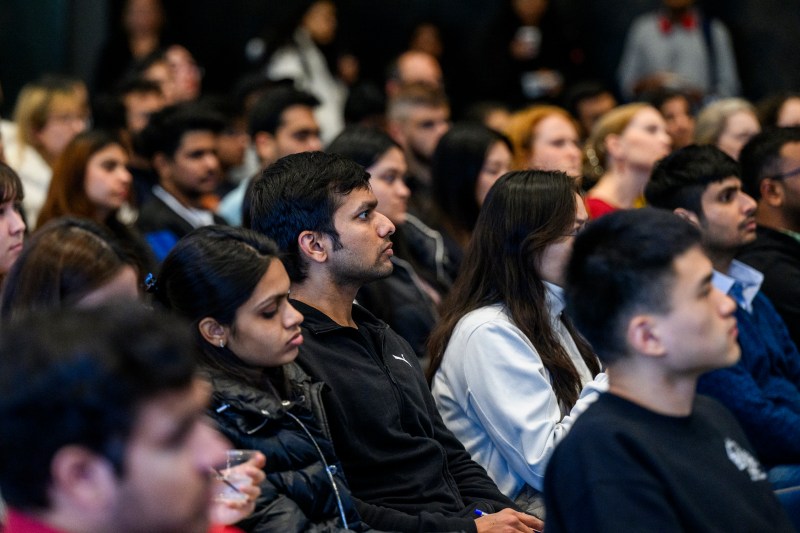
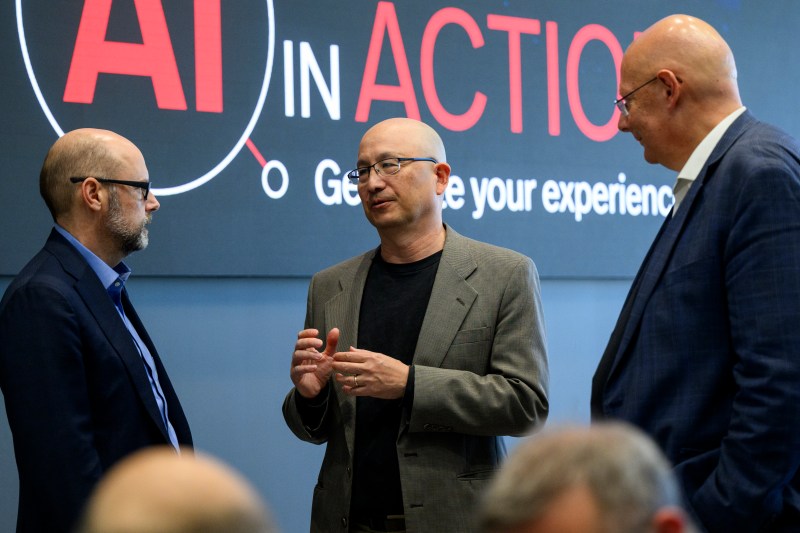
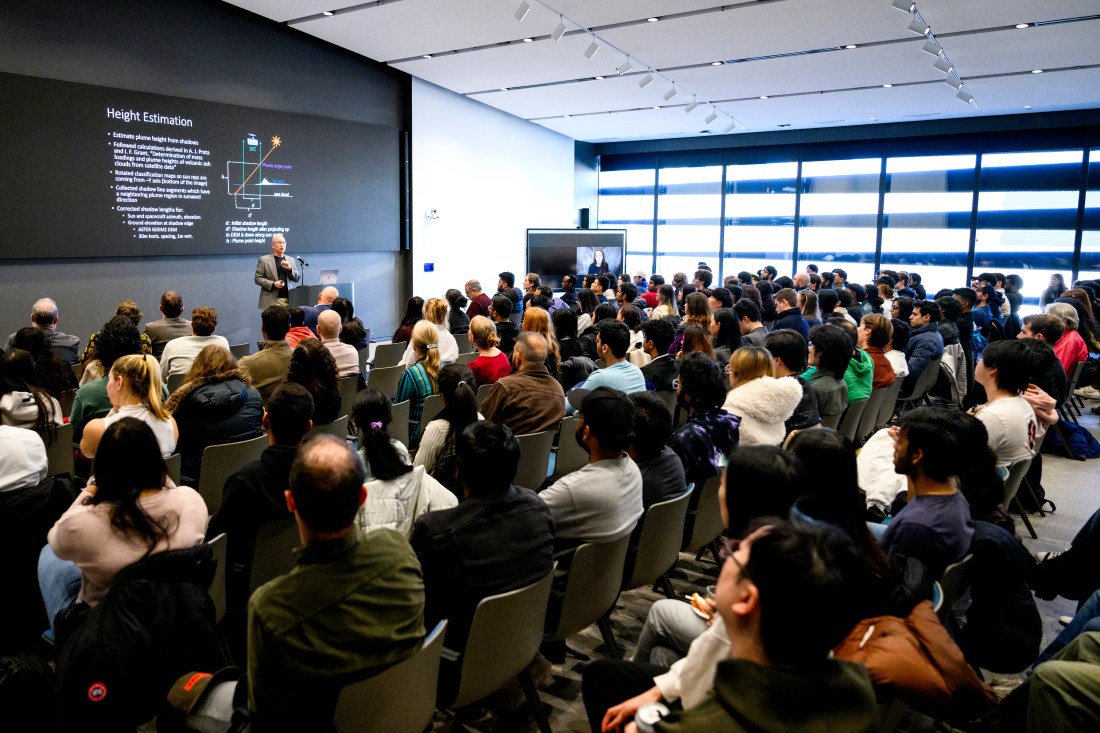
In his address, titled “Artificial Intelligence in Space and the Hunt for Extraterrestrial Life,” the researcher gave a “whirlwind overview” of the ways artificial intelligence has revolutionized space exploration — and the ways it could in the future.
In the present day, he said, AI and machine learning have already made robot-powered space missions more efficient: optimizing scheduled movements for energy-inefficient robotic rovers, classifying and triaging radio bursts, and combining datasets of physical images with large language models of academic literature to make connections.
“We’re always trying to take these things forward into the next mission,” he said, including in 2025, when a cadre of autonomous rovers are scheduled for a mission to the moon.
“The Naisar mission, a joint mission with the Indian government, will be launching in a few months with our AI planning software,” he added.
Featured Posts
But his future ambition is to take that research into truly uncharted territory. A highlight of the talk was about the development of “Eels,” a snakelike robot designed to explore the crevasses of Encelidus, one of the moons of Saturn.
“That’s where the astrobiologists say that life is,” he remarked. But a robot that could navigate that unknown terrain would have to be “very smart.”
“It has to balance risk and reward. When it’s going along, it needs to know where the hazards are so [it doesn’t] fall down a crevasse. So It’s constantly sensing … it has to decide, can it move forward, can it move forward more quickly, does it have to stop to sense more. We also want to have astrobiology remote sensing instruments on it so it can say, hmmm, that might be life, that might be worth the risk. So these are the kinds of trades in the AI that we want to put in these robots.”
Like human explorers, robotic space voyagers would have to have “curiosity, ” he said. Equipped with that, the (way out there) theoretical possibilities include drilling into the ice caps on Europa, Jupiter’s moon, and traveling to another star system in search of life forms similar to those one earth.
Chien’s remarks kick off a series of lectures, interactive sessions and trainings for Northeastern students across the global campus network. They are dedicated to equipping participants with the understanding and tangible skills to navigate a job market powered by artificial intelligence.
“We are united by our shared recognition of AI’s transformative power,” said Northeastern chancellor Ken Henderson in his introduction of Chien. “AI is a catalyst of innovation across every sector. At Northeastern, we are committed to developing AI that works with humans and ensuring that AI is applied responsibly. As a global university, we also understand that it is critical that AI be developed and applied in a way that fosters cultural and societal collaboration, and that includes diverse perspectives.”
AI in Action Week events and talks are organized into three main areas: Tuesday, April 2, is dedicated to “Bolstering your AI Literacy;” Wednesday, April 3, to “AI and Professional Development;” and Thursday, April 4, to “Applied AI: Innovation Across the Public and Private Sectors.”
All sessions are free; participants who attend at least three sessions can earn an “Introductory AI Literacy Badge” to post on their professional online profiles.
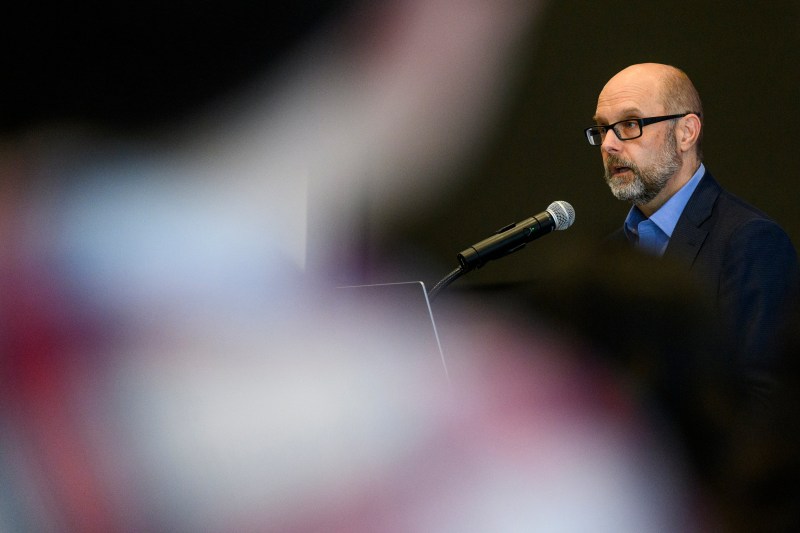
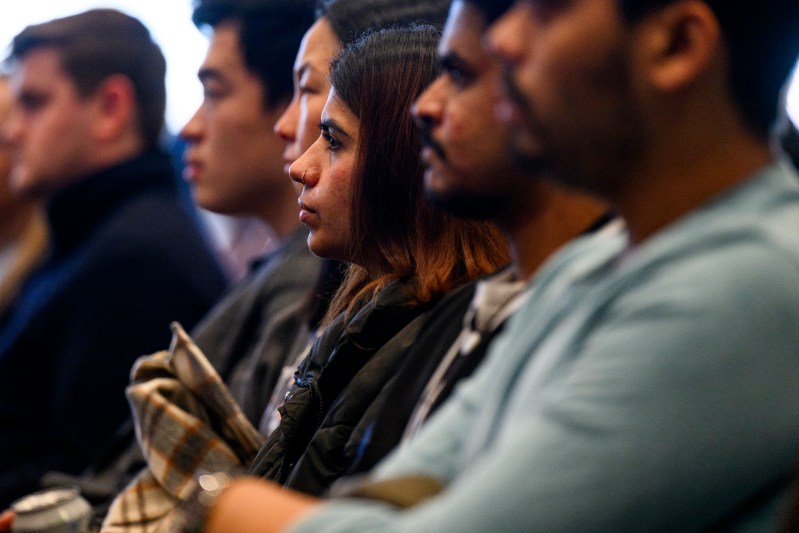
Northeastern speakers during the week include Institute for Experiential AI executive director Usama Fayyed; senior research scientist Walid Saba, an expert on large language models and Chat GPT; Institute for Experiential AI research director Ricardo Baeza Yates; Beth Noveck, director of the Northeastern’s Burnes Center for Social Change, and others. Audrey Tang, Taiwan’s minister of digital affairs and one of TIME Magazine’s 100 Most Influential People in AI 2023, will give a closing keynote on April 5.
In addition to skills-building, there will be networking opportunities: Thursday’s AI Career Fair in the Curry Student Center, hosted by the Institute of Experiential AI, will bring together students with leading tech companies and “feature talks by industry leaders on the most in-demand skills in their sectors, details on their day-to-day work, and advice for job-seekers,” according to the event’s website. Representatives from over a dozen companies and institutions will be on hand, including Intuit, Dell Technologies and the U.S. State Department.
For a complete list of talks and sessions, and to register, click here; interested students may register throughout the week. Thursday’s career fair requires a separate registration.






